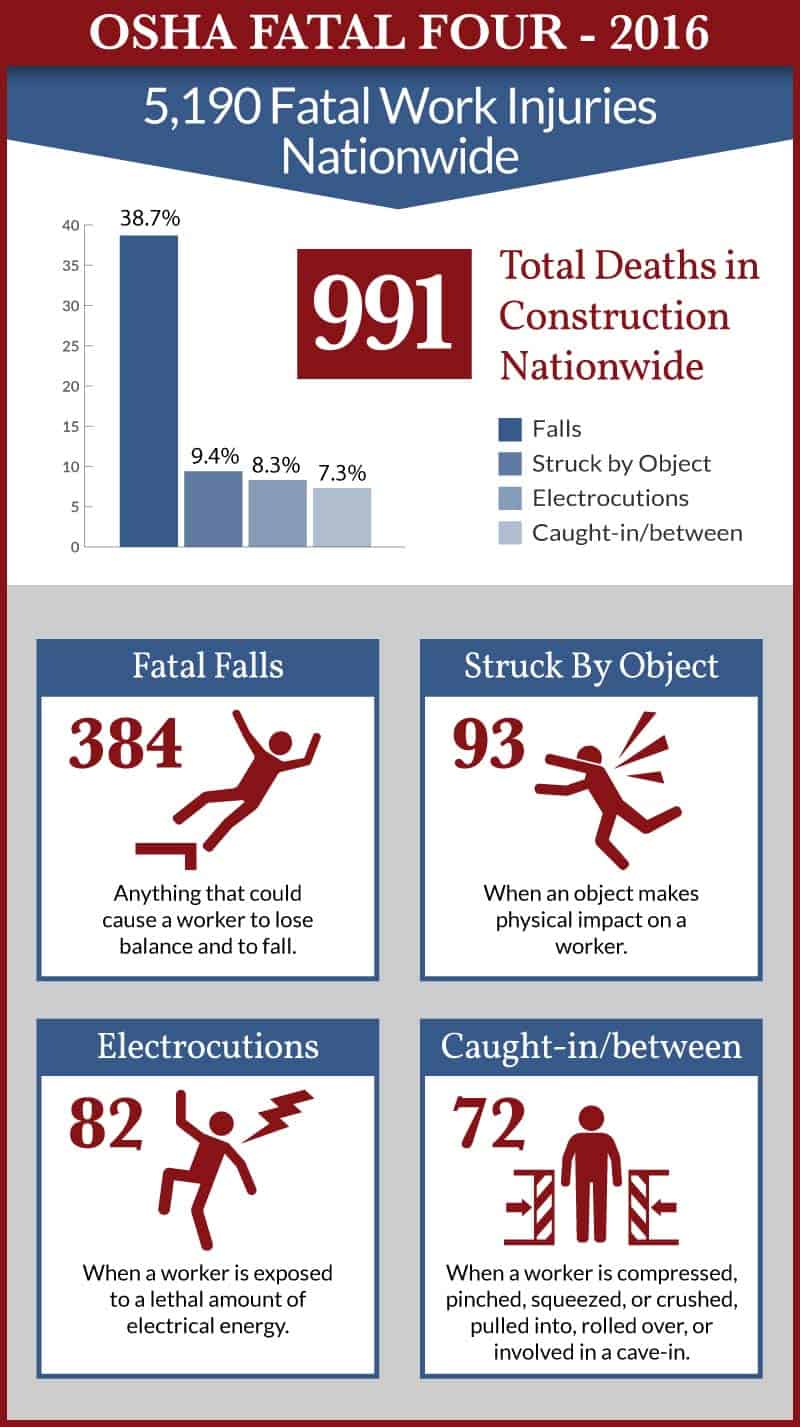Pennsylvania Alimony Laws
 Most couples hope that separation and divorce are not in their future; yet the sad reality is that the U.S. divorce rate is around 40 to 50 percent. Though Pennsylvania’s divorce rate is the fifth lowest in the country, the family law attorneys at Freedman & Lorry, P.C. have handled countless divorce cases of varying degrees of complexity. Couples going through it can manage their stress levels by understanding how alimony laws work. Every state has its own set of guidelines and regulations regarding alimony, and Pennsylvania is no exception.
Most couples hope that separation and divorce are not in their future; yet the sad reality is that the U.S. divorce rate is around 40 to 50 percent. Though Pennsylvania’s divorce rate is the fifth lowest in the country, the family law attorneys at Freedman & Lorry, P.C. have handled countless divorce cases of varying degrees of complexity. Couples going through it can manage their stress levels by understanding how alimony laws work. Every state has its own set of guidelines and regulations regarding alimony, and Pennsylvania is no exception.
In Pennsylvania, alimony payments are based on need; either party may qualify to receive it after the divorce is final. The amount of alimony is determined as an amount that will allow both parties to have fairly equal standards of living. In most marriages, one person typically earns more money than the other. Alimony is intended to help the lower-earning spouse be self-sufficient throughout the transition.
How Much and How Long?
To finalize the alimony amount, certain factors must be considered. Sources of present and future income, and health and retirement benefits are analyzed. Other finances taken into consideration include assets and debts, property owned, and inheritances. The court will also need to know how long the marriage lasted, what the couple’s standard of living was, separate property brought into the marriage, who has custody of the children, and if there was possible marital misconduct, such as abuse or infidelity. Other factors include the age of each spouse, their general state of physical and mental health, education levels, if one spouse paid for the other’s higher education, and tax implications.
Alimony orders can have end dates or can be set as ongoing. Spousal support can also be changed after a period if the divorced couple’s situation changes. If the receiving spouse remarries, alimony will end. It can also be terminated if the receiver starts living with a new partner, or if one ex-spouse passes away.
Tax Laws Affect Alimony
Previously, those who paid alimony were allowed to to deduct it from their tax returns, while those on the receiving end reported the payments as taxable income. As of January 1, 2019, the law changed. Now, payors must pay tax on alimony payments made to their ex-spouses. This may result in lower awards to recipients. Consequently, both parties may be taking hits financially. Understanding how alimony works, including the new tax changes, can make divorce easier for all parties involved.
Philadelphia Divorce Lawyers at Freedman & Lorry, P.C. Help Establish Fair Alimony Awards
Divorce is one of the most stressful experiences that people can go through and making the right decisions can be complicated. The knowledgeable Philadelphia divorce lawyers at Freedman & Lorry, P.C. will provide the support and guidance you need throughout this process. Contact us today at 888-999-1962 or complete an online contact form for a free consultation. Located in Philadelphia, Cherry Hill, New Jersey, and Pinehurst, North Carolina, we proudly serve clients from the surrounding areas.
